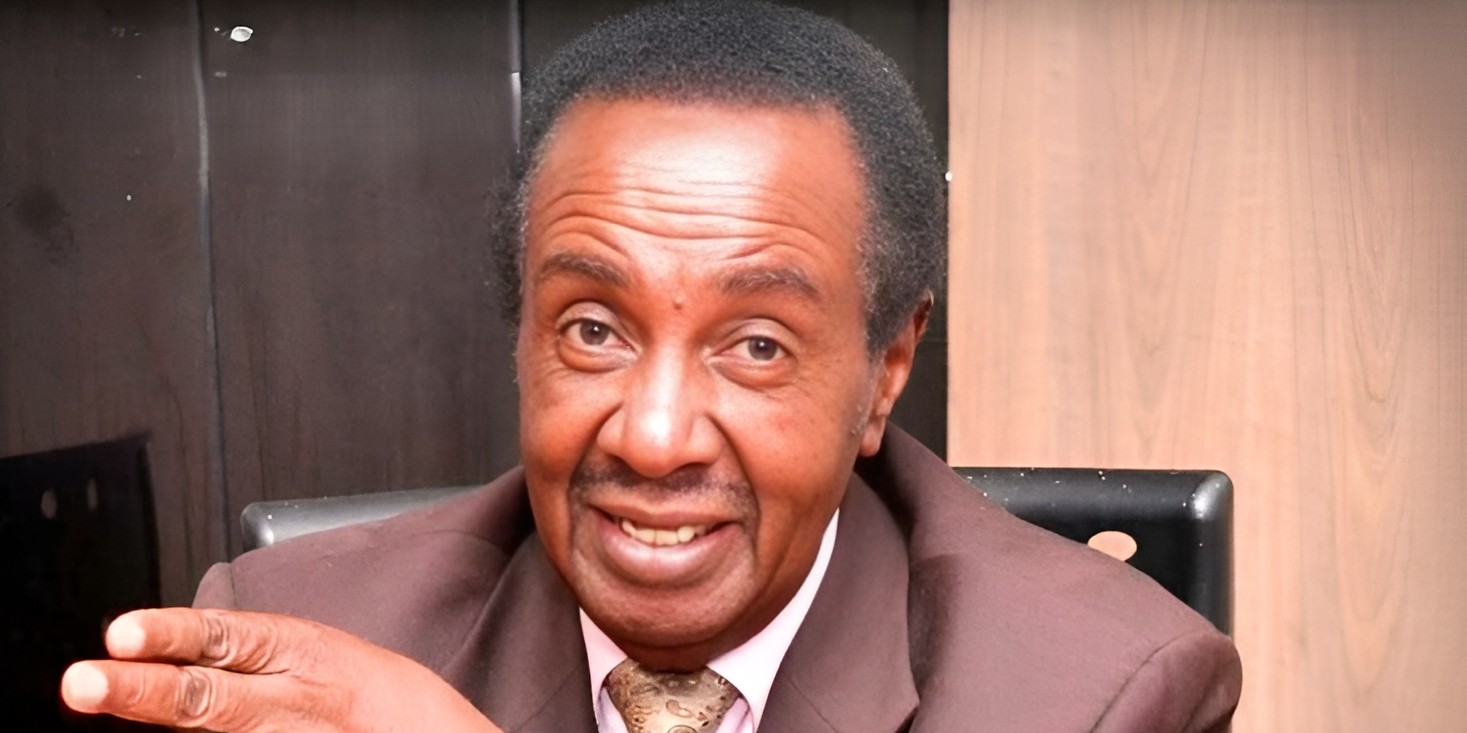Ichung’wah defends quiet reintroduction of parts of 2024 Finance Bill amid fears it could harm businesses

Ichung’wah said certain individuals misled the public into rejecting the Bill, even though it contained several beneficial provisions.
The government has confirmed that it reintroduced key provisions of the Finance Bill 2024, despite critics’ claims that the legislation would negatively affect businesses and ordinary citizens.
National Assembly Majority Leader Kimani Ichung’wah said the bill was temporarily paused to address public concerns and ensure that its positive measures could still benefit the economy.
More To Read
- Kenya’s economy stable under Ruto, says Treasury CS Mbadi in response to Gachagua's claims
- Speaker Moses Wetang’ula calls for urgent protest law reform to end chaos
- We are forgotten: Erickson Mutysia’s mother makes heartbreaking plea for justice
- Rex Masai's mother: I believe there is no justice for the poor in Kenya
- Protest essentials: A look into what to carry to stay safe, alert, and resilient
- Nairobi, Narok, Kiambu lead in county revenue collection as Tana River surpasses target
Speaking in Thome, Laikipia East Constituency, on Thursday, Ichung’wah said certain individuals misled the public into rejecting the bill, even though it contained several beneficial provisions. This misinformation contributed to the 2024 anti-Finance Bill protests, which ultimately forced the government to shelve the legislation.
“Those good provisions that were in the bill were lost when the President did not sign it, and that is why we were delayed in implementing projects, with many roads stalled,” Ichung’wah said.
“We lost a bill that could have helped us collect enough revenue to drive development. Later, when we corrected it, we split the bills into four and passed them, which is why today the honourable member says the roads will be advertised in the gazette for construction on Tuesday.”
He added that President William Ruto’s administration paused the Bill to allow tempers to cool before reintroducing it in December 2024 through the Tax Laws (Amendment) Bill 2024, the Tax Procedures (Amendment) (No. 2) Bill 2024, and the Business Laws (Amendment) Bill 2024.
Ichung’wah urged the public to verify facts independently, warning that misinformation was eroding trust and national cohesion.
“We have a culture of misinformation and disinformation destroying the fabric of our nation,” he said.
On December 11, 2024, President Ruto signed the three finance-related bills into law. The Tax Laws (Amendment) Bill introduced measures such as increasing allowable pension deductions, exempting contributions to affordable housing, and applying a 15 per cent global minimum corporate tax for multinational companies.
It also reintroduced withholding tax measures with clearer remittance structures and imposed a 10 per cent penalty for late payments.
The Tax Procedures (Amendment) Act aimed to simplify tax compliance for small businesses and small-scale farmers by introducing a reverse ticketing system, allowing purchasers to issue tax invoices.
Meanwhile, the Business Laws (Amendment) Bill updated the legal framework governing Special Economic Zones and revised provisions in the Employment Act.
Several measures in the original Finance Bill were removed, including the 1.5 per cent Digital Service Tax, the eco-levy, motor vehicle tax, and a 16 per cent VAT on essential goods such as bread, cooking oil, and eggs.
Top Stories Today














































